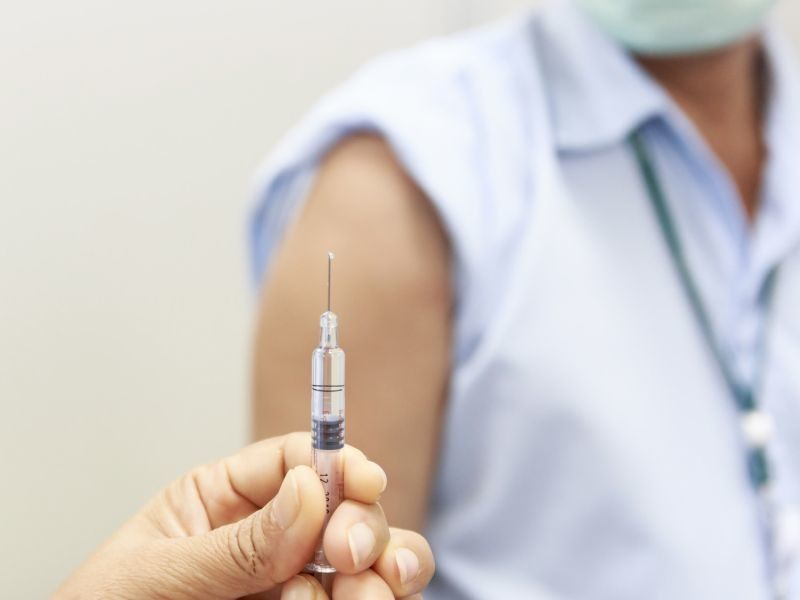
WEDNESDAY, Jan. 27, 2021 (American Heart Association News) — Complications during pregnancy are widespread, becoming more common and often overlooked as warning signs about a woman’s heart health. Which is why for the first time, in an effort to guide clinicians and empower women, the authors of a widely used reference on the facts and… read on > read on >


















